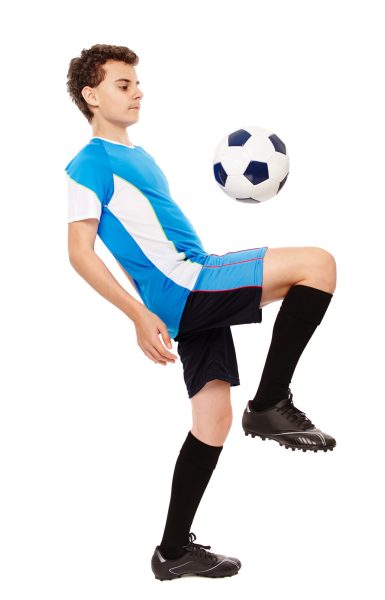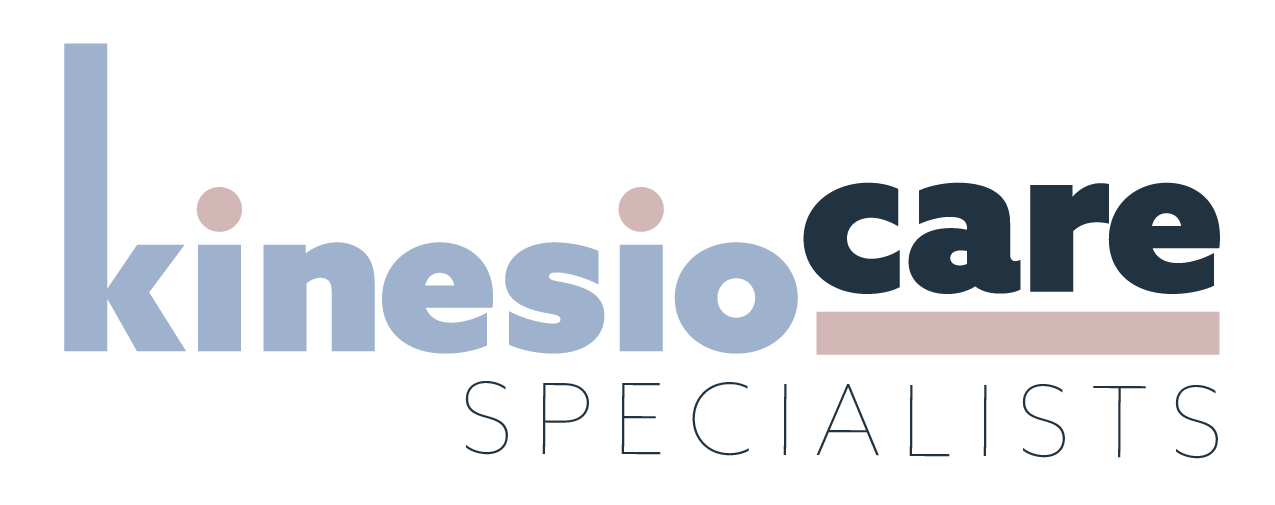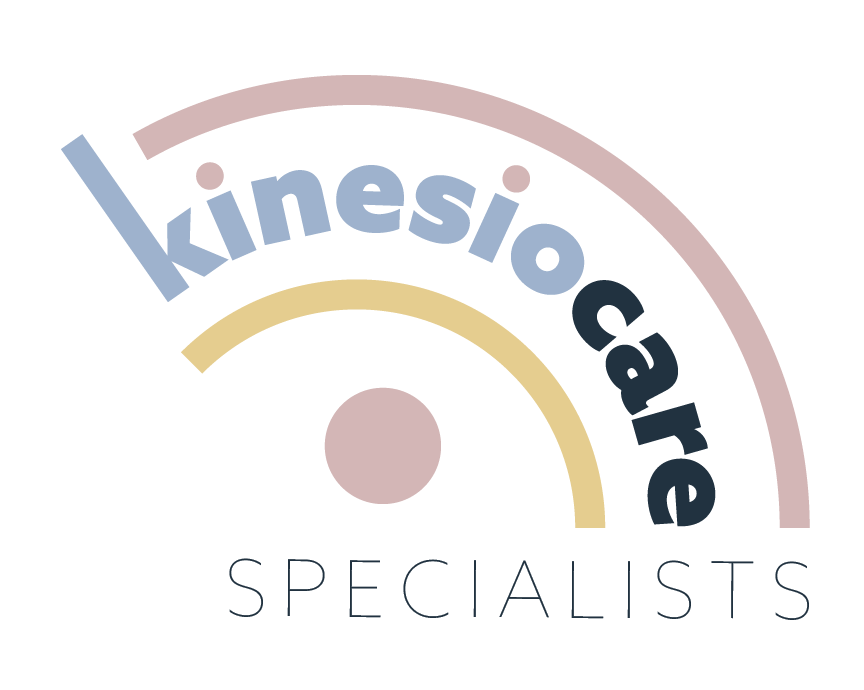Physical Therapy for Kids & Teens
With older children, physical therapy becomes focused on incorporating their interests into movement and exercise. We will help your child learn to care for their body and tackle the challenges of higher-level motor and coordination skills, injury, and sports.
Now that your child is older, function in their everyday environment is key! Whether your child seems to have a hard time keeping up in sports, gym class, on the playground, or has more significant disabilities or needs, we can help develop a plan to keep your child moving and strong. We can also help with pain and injury while maintaining structured but fun PT.

Common Problems for Kids & Teens
Poor confidence with motor skills
Some children have a hard time keeping up on the playground or seem timid when it comes to trying new motor skills. They may also avoid physical activity or be hesitant to get on play equipment at a park. We can help improve strength, coordination, and confidence to help your child feel ready to participate!
Posture
We often think about adults when we hear the word posture, but it is very important to develop good posture at a very young age. Your therapist will find the weak and/or tight muscles and provide helpful tips and tricks to get your child on the right path.
Injury or pain
In children, pain can be related to tight or overworked muscles. Posture and alignment are other contributors. Your therapist will assess these key areas and provide suggestions to reduce pain and prevent future injury. We also treat children and adolescents with an injury to help with the recovery process.
Other reasons kids & teens might need physical therapy
- Injury or joint pain
- Osgood Schlatter’s
- Poor endurance
- Genetic or neurological diagnoses and conditions
- Toe walking
- Injury Prevention
- Frequent falls
- Poor balance and coordination
- “flat” feet
- Funky looking walk
- In or out toeing
- Visual impairments
- Low or high muscle tone
- Limb deficiencies
- Scoliosis
This list is not all-inclusive. Please ask if you have a question about something your child is or is not doing.
Frequently Asked Questions
The therapist will bring the necessary equipment and toys to engage your child in therapy. Some inexpensive supplemental items may be requested by the therapist if necessary. The therapist will often get creative and find items around your home to incorporate into sessions.
It is unlikely that you will need to purchase any equipment. Some inexpensive supplemental items may be requested by the therapist if necessary. The therapist will often get creative and find items around your home to incorporate into sessions. The therapist will contact you prior to the session to request items from around your home to gather to make the session most efficient.
The therapist will start by discussing your concerns and gathering relevant medical and background information. For a portion of the session the therapist will observe how your child moves in their environment. The therapist may also ask to see specific skills based on your child’s age as well. Afterwards the therapist will discuss initial findings and make recommendations regarding any need for therapy and how often.
The session will start with any updates related to the child and the exercises from the prior session. The therapist will then engage in one-on-one activities with your child that involve toys, play, and exercise that target the needs of your child. Activities will be structured yet playful. It is expected that the parent also be involved in the sessions and be able to assist during to carry over activities throughout the week.
Your therapist will be able to recommend need for additional therapy services (occupational therapy, speech therapy, behavioral therapy, etc) based on their ongoing observations of your child and provide you with direction in obtaining these services.
The best way to know for sure is to schedule your free 15-minute phone or video consultation. Here are a few examples of reasons your child may require physical therapy.
Baby:
- Not meeting developmental milestones like sitting, rolling, crawling, cruising, walking
- Prefers to remain in sitting and not move out of the position
- Dislikes tummy time
- Always looks to one side and/or the head tilts to one side
- Has flatness on one side of the head or the entire back of the head
- Has any neurological, genetic, or cardiopulmonary condition
Walking Age and Beyond:
- Frequently trips or falls
- Prefers to w-sit
- Preference to use one side of the body i.e. only goes up the stairs with the left leg
- Appears clumsy compared to peers
- Has difficulty climbing or jumping
- Walks “funky” i.e. on the toes or with feet turned in or out
- Recovering from an injury
- Has any neurological or genetic condition
The consultation will allow us to discuss the concerns you have related to your child’s motor development. We can then get an idea of your child’s need for a formal evaluation
The consultation will allow us to discuss the concerns you have related to your child’s motor development. We can then get an idea of your child’s need for a formal evaluation
Physical therapy is a type of care that that betters peoples lives by easing pain and helping people move and participate in what they enjoy. Pediatric physical therapy is a specialty subset. It looks at the “why’s” and “how’s” of a child’s movement or posture and uses innovative and creative strategies to address their areas of need to help them function to their fullest capacity.
You are welcome to stick with one type or do a combination. We are able to adjust to your needs and level of comfort when choosing which method you prefer,
Lincoln Park, Lakeview, Wicker Park, Bucktown *Some surrounding neighborhoods may be available for appointments in addition to Evanston and Skokie. Please contact us if your area is not listed but you would like an assessment or have specific questions about availability.



